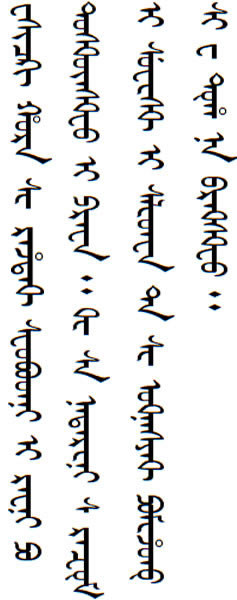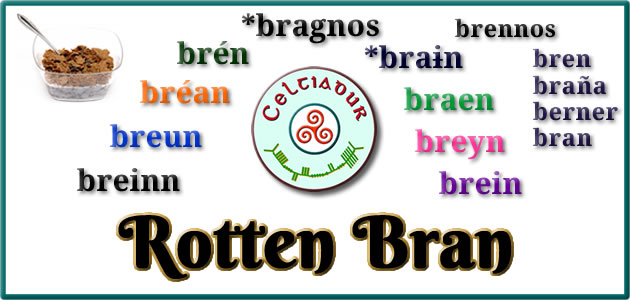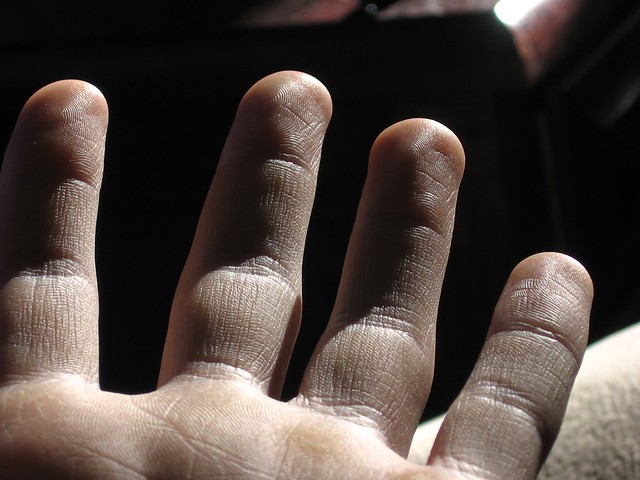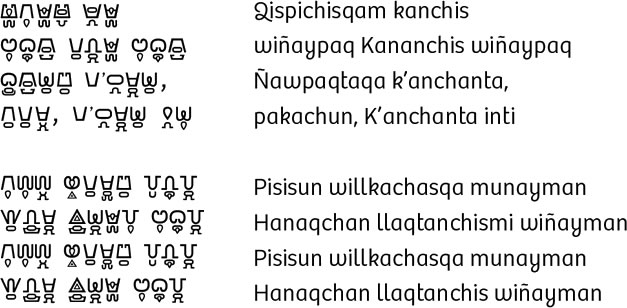Podcast: Play in new window | Download
In this adventure, we’re examining the origins of the word virus, because I seem to have picked up a bit of coronavirus 😷 this week, or possibly last week. I’m feeling better now, at the time of writing this, but not completely yet.
A virus is:
- A submicroscopic infectious agent that replicates only inside the living cells of an organism.
- A type of malware that, when executed, replicates itself by modifying other computer programs and inserting its own code into those programs.
It comes from Middle English virus (virus), from Latin vīrus (poison, venom, bitterness, sharpness, slime), from Proto-Italic *weizos (poison), from PIE *wisós (poison, slime) [source].
Words from the same PIE roots include ιός [iˈos] (virus, [historical] poison, venom) in Greek, from which comes the English word iodine, and विष [ʋɪʃ] (poison, venom) in Hindi, bisa (poison) in Malay and ពិស (pɨh – poison, toxin, venom, infection, disease) in Khmer [source].
So like a virus, the word virus, and related words, have spread around the world to many different places and languages.
Incidentally, the Old English word for virus was wyrms/worms [wyrˠms], which also meant pus or corrupt matter*. Its origins are lost in the mists of time, perhaps consumed by a virus or worms. It’s probably unrelated to wyrm (worm, maggot, grub, snake, dragon 🐉) [source].
*You might notice that in the recording I say manner instead of matter. Just ignore it. It doesn’t matter 🤦
You can also listen to this podcast on: Apple Podcasts, Amazon Music, Stitcher, TuneIn, Podchaser, PlayerFM or podtail.
If you would like to support this podcast, you can make a donation via PayPal or Patreon, or contribute to Omniglot in other ways.
Radio Omniglot podcasts are brought to you in association with Blubrry Podcast Hosting, a great place to host your podcasts. Get your first month free with the promo code omniglot.
I also write about words, etymology and other language-related topics on the Omniglot Blog, and I explore etymological connections between Celtic languages on the Celtiadur.















